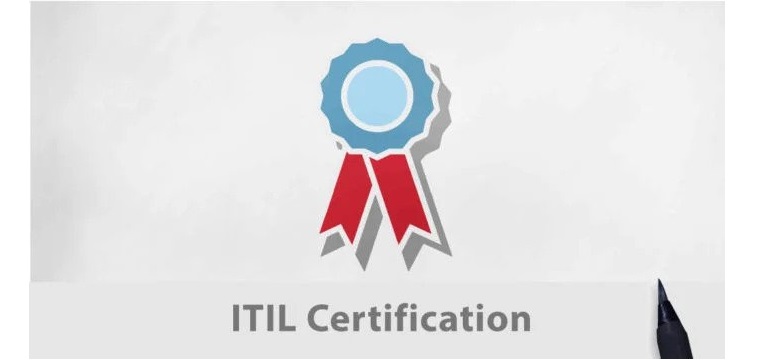IT services and service providers are the heart of any company, big or small. Without them, it is not possible to run a company in this digital world where everything and everyone is connected. Managing these IT services is a daunting task considering the scale of implementation and usage. That’s where ITIL comes to the rescue.
History of ITIL
ITIL is an abbreviation for Information Technology Infrastructure Library. It was developed by the Central Computer and Telecommunications Agency in Norwich for the British government in the 1980s as a response to the increasing dependence of various firms on IT. In the absence of industry-wide standard practices, the government and private companies had created and were following their own IT service management processes.
Basic Concepts of ITIL
ITIL is a collection of best practices in detail that suggests the different paths and techniques which can be used by an IT professional or service provider to manage themselves in such a way to provide the best service possible. It provides a systematic set of processes, which can be used as a reference to solve the problems which arise.
It had its origins as a set of books published in 1989, with each one covering a specific topic in IT service management. After the initial publication from 1989-96, the total number of books in the ITIL Version1 grew to over 30 volumes.
Evolution of ITIL
In the year 2000-01, the ITIL V1 was replaced by V2, which consolidated the 30 volumes into 9 logical sets, which grouped the books in an organized manner. In 2007, the V2 was replaced by the ITIL Version 3, in which the books were grouped into just 5 volumes. This version is now known merely as the ITIL 2007 Edition. The governing body for ITIL is AXELOS. AXELOS is a joint venture company, created in 2013 by the Cabinet Office on behalf of Her Majesty’s Government (HMG) in the United Kingdom and Capita Plc, to manage, develop and grow the Global Best Practice portfolio.
ITIL certification takes a modular approach towards the ITIL framework and is made up of a series of qualifications that are focused on various aspects of the best practices of ITIL in varying degrees of depth and detail. Since the qualification has several tiers, the candidates who are pursuing it can have a lot of flexibility with regard to the different disciplines and areas of ITIL. This allows them to focus mainly on the key areas of interest.
Levels Of ITIL Certification
The 5 levels of ITIL certification are:
1. ITIL Foundation Level
It is an entry-level certification offering a general awareness of the key elements, basic concepts, and technologies used in the ITIL service lifecycle. There are no prerequisites for this certification, and anyone can appear for the exam. This certification covers all 5 areas of the service lifecycle including the linkage between different stages of the ITIL lifecycle.
2. ITIL Practitioner Level
The next stage after Foundation is the Practitioner. It was developed to bridge the gap between the Foundation and Intermediate levels. It is the latest entry in the ITIL certification program, and the exam was conducted for the first time in 2016.
3. ITIL Intermediate Level
The Intermediate Level stage is modular, with every module focusing on a different aspect of IT Service Management. The modules can be classified as Service Lifecycle or Service Capability modules.
4. ITIL Expert Level
The Expert Level qualification is an advanced certification that covers in detail all the processes and practices across all disciplines of ITIL. This qualification is a prerequisite for the ITIL Master Level certification. The Expert Level certification is given to the candidates who have achieved the required credits from the Foundation, Practitioner, and Intermediate level modules and have superior knowledge and skill base in ITIL Best Practices.
5. ITIL Master Level
The Master Level in ITIL validates the ability of a person to apply the ITIL principles, methods, and techniques in the workplace or practical assignments involving real-world situations. There is no fixed syllabus or training course for this qualification since each candidate will choose a situation of their choice.
Cost of ITIL Certification
The cost of getting ITIL certification...
| Course | Classroom Training (USD) | Online Training (USD) |
| ITIL Foundation | $ 1495 | $ 1295 |
| ITIL Service Strategy | - | $ 1495 |
| ITIL Service Design | - | $ 1495 |
| ITIL Service Transition | - | $ 1495 |
| ITIL Service Operation | - | $ 1495 |
| ITIL CSI | - | $ 1495 |
| ITIL RCV | - | $ 2095 |
| ITIL PPO | - | $ 2095 |
| ITIL SOA | - | $ 2095 |
| ITIL OSA | - | $ 2095 |
| ITIL MALC | - | $ 2095 |





0 comments:
Post a Comment